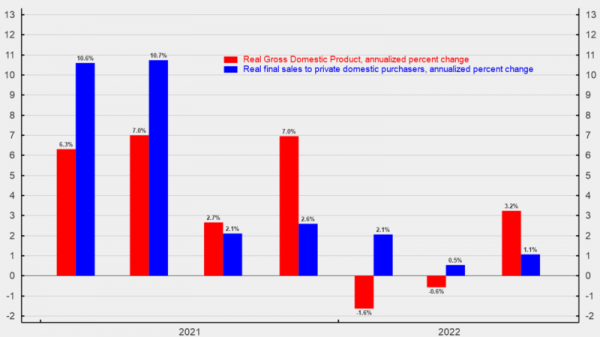
The stablecoin PayPal USD (PYUSD), issued jointly by payment giant PayPal and cryptocurrency company Paxos, experienced a notable decrease in circulation in March.
According to Paxos’ most recent transparency report on PayPal USD, the circulation of PYUSD in March totaled $188.5 million, marking a 39% decrease compared to the previous month.
Paxos’ PYUSD Market Capitalization Drops Since February’s $312 Million Peak
Source: CoinGecko
Recent data from CoinGecko reveals that the PYUSD has experienced a drop in market capitalization since late February, following its peak at an all-time high of $312 million on February 26. The circulation of PayPal USD (PYUSD) peaked at $304 million in February and $301 million in January, indicating a significant shift in March.
Despite witnessing significant growth at the start of 2024, with its market value doubling within about a month by mid-January, PYUSD’s market cap has been on a downward trend.
As of the latest update, PYUSD’s market cap stands at $194 million, reflecting a 3% increase over the past seven days. Interestingly, this decline in market cap occurred amidst a broader rally in cryptocurrency markets, notably with Bitcoin (BTC) breaking all-time highs above $73,000 on March 13.
Notably, as of March 29, the PayPal USD treasury held $14.9 million in United States Treasury bonds, with a notional value of approximately $14.8 million.
Source: Paxos
Furthermore, the report also detailed the use of Reverse Repurchase Agreements, a contractual arrangement involving the sale and repurchase of securities. Paxos engages in overnight maturity Reverse Repurchase Agreements with reputable financial institutions, overcollateralized with U.S. Treasuries. In the event of a counterparty default, Paxos can liquidate the U.S. Treasury collateral to cover any losses, mitigating the risk significantly.
The total market value of PYUSD collateral in U.S. Treasury bond-collateralized reverse repurchase agreements stands at $177.9 million, with a notional position value of around $174 million. The total net assets for PYUSD amount to $192 million, with a notional position value of $189 million.
PayPal Introduces PYUSD Stablecoin for Zero-Fee Cross-Border Money Transfers
In August 2023, PayPal partnered with Paxos Trust to launch the PayPal USD stablecoin (PYUSD), emphasizing its utility for digital payments and participation in Web3. This stablecoin maintains a 1:1 peg to the U.S. dollar and is backed by U.S. dollar deposits, short-term Treasury bonds, and other cash equivalents.
Recently, on April 4, PayPal made a significant move by integrating its native stablecoin PYUSD into its money transfer platform Xoom, allowing users to conduct cross-border money transfers with zero transaction fees.
Starting today, US customers of PayPal’s @Xoom can now convert the Paxos-issued PYUSD to USD to fund cross-border money transfers. This a major step forward in driving cost-effective and secure mainstream adoption of stablecoins
Learn more here: https://t.co/YCJ8WySc0F
— Paxos (@Paxos) April 4, 2024
The announcement, made by the Silicon Valley-based company, highlighted that the new feature would be available to users in the United States starting April 4. It enables users to convert PYUSD from their linked PayPal account to USD and use it as a funding source for sending money to recipients in 160 countries worldwide. Notably, transactions funded with PYUSD will incur no Xoom transaction fees, making it an attractive option for international money transfers.
Despite being relatively new, PYUSD has quickly gained prominence in the stablecoin market, currently ranking as the 13th largest stablecoin by market capitalization, surpassing competitors like Pax Dollar (USDP) and Gemini Dollar (GUSD), according to CoinGecko data.
The post PayPal USD Circulation Drops by 39% to $188.5 Million in March: Paxos appeared first on Cryptonews.






























